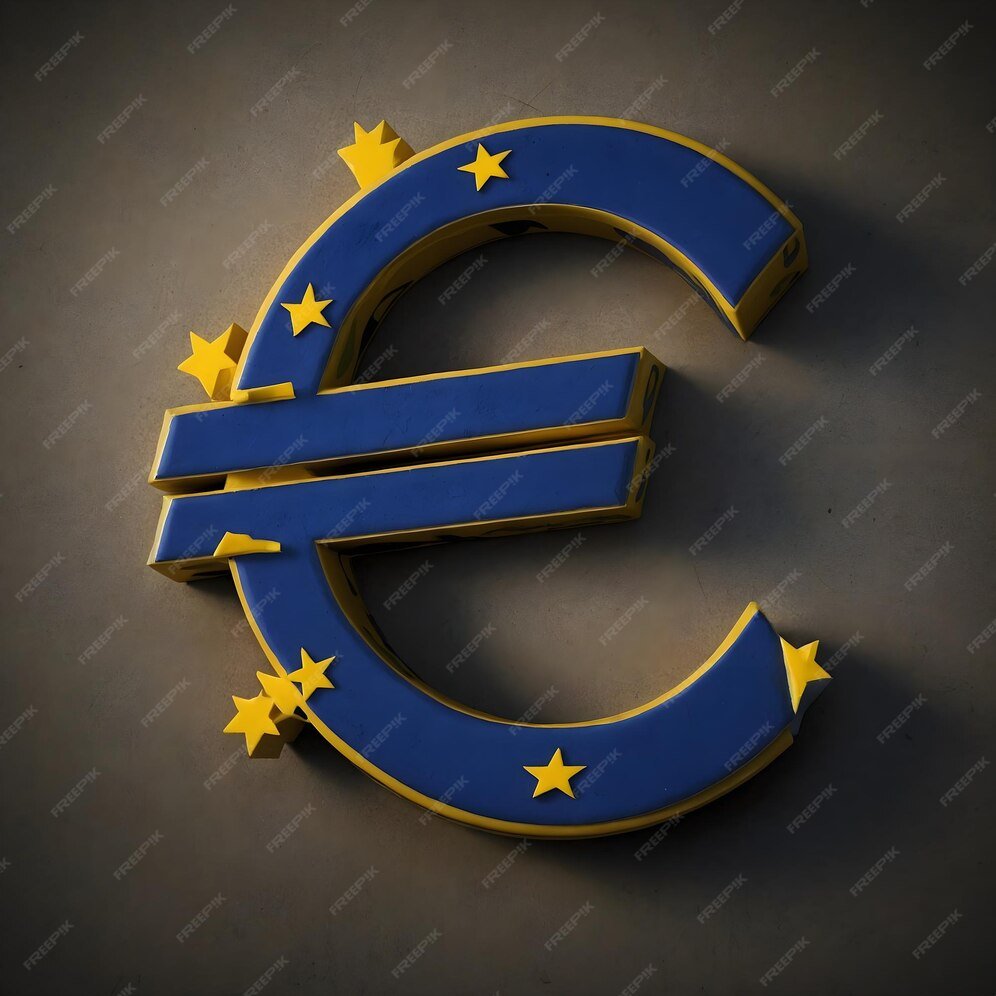Introduction
The acronym EU-NENCFZS8 is not a widely recognized term, but as Europe continues to spearhead various technological and geopolitical initiatives, it’s essential to explore the possible connotations of such labels and acronyms. Often, European Union projects and classifications come with alphanumeric codes, denoting specialized areas such as security, digital transformation, or environmental protection. EU-NENCFZS8 could potentially fit into one of these categories, so we’ll explore potential interpretations and contexts for this designation.
The Significance of Codes in the European Union
In the European Union, codes like EU-NENCFZS8 could represent a multitude of things, from projects to regulatory frameworks. The EU is a complex entity, operating with intricate layers of policies and regulations. Many of these initiatives are identified by acronyms or codes, representing everything from research and innovation programs to security measures. Understanding the function and meaning behind these codes is crucial in deciphering the EU’s ongoing priorities.
A major initiative involving coded programs is the Horizon Europe initiative, the EU’s key funding program for research and innovation. This framework operates across multiple sectors and often uses numeric and alphanumeric identifiers to classify different projects. Another area where codes are prevalent is in environmental and digital transformation strategies, which the EU prioritizes heavily under its Green Deal and Digital Strategy initiatives.
The Digital Transformation of the EU
If EU-NENCFZS8 relates to digital transformation, it could signal an initiative aimed at enhancing Europe’s digital infrastructure, cybersecurity, or artificial intelligence capabilities. The EU has been at the forefront of pioneering a digital future, focusing on building secure, ethical, and efficient digital economies. The European Commission’s Digital Strategy involves multiple moving parts, including investments in broadband, artificial intelligence (AI), quantum computing, and data protection.
The European Union's General Data Protection Regulation (GDPR) is one of the key global benchmarks in data protection laws. However, this regulation didn’t arrive in isolation; it's part of a larger digital strategy that seeks to ensure Europe remains competitive in a globalized world. Any initiative under the code EU-NENCFZS8 may tie into this greater plan to safeguard Europe’s digital interests while ensuring innovation and competition thrive.
Environmental Regulations and the Green Deal
An alternate interpretation of EU-NENCFZS8 could place it within the EU’s Green Deal strategy. Europe has set ambitious targets to become climate neutral by 2050. Various programs within the European Green Deal are marked by alphanumeric codes. For example, initiatives for renewable energy, sustainable agriculture, and carbon-neutral industrial processes have their unique identifiers.
EU-NENCFZS8 could well be part of this larger network of programs, especially if it addresses an environmentally focused initiative. Europe is aggressively pursuing renewable energy solutions, such as solar, wind, and bioenergy, all of which are facilitated under a web of codes and classifications. This makes it likely that any new initiative, especially one aimed at driving environmental sustainability, would bear a code similar to EU-NENCFZS8.
Security and Defense
Another plausible interpretation of EU-NENCFZS8 is in the realm of security and defense. The EU has been gradually increasing its focus on collective security, ranging from intelligence-sharing to cybersecurity. The European Defense Fund (EDF), for example, is a central pillar in Europe’s ambition to bolster its defense capabilities. A project under EDF could use a code such as EU-NENCFZS8, identifying it as a specific security or defense-related initiative.
Given Europe’s growing concerns about cybersecurity, any program related to this area would be crucial. The increasing threat of cyberattacks, both from state actors and independent groups, has made cybersecurity a top priority for the European Union. These types of initiatives are usually codified and could easily carry a designation like EU-NENCFZS8 to distinguish the specific goals and scope of the program.
Trade, Economy, and Innovation
The European Union is also a major player in international trade and economic regulations. Any innovation related to the European Single Market or EU trade regulations could be identified by a specialized code. The EU-NENCFZS8 may relate to various economic or trade policies currently shaping the EU.
One possibility is that it relates to cross-border trade or digital market policies. The EU has been pushing for the establishment of a single digital market, which would simplify trade regulations, enhance e-commerce capabilities, and ensure better data flows across the region. The EU has particularly focused its efforts on financial aid programs, small businesses, and future-facing innovation sectors like green energy and AI to support post-COVID recovery.
The Role of Innovation Programs
The EU frequently supports innovative programs that aim to position the region at the forefront of technological advancements. Whether focused on AI, robotics, or biotechnology, these programs often use alphanumeric identifiers to distinguish them. EU-NENCFZS8 may relate to a new initiative or part of a series designed to support startups, research institutes, and corporations that aim to solve global challenges through innovation.
Researchers categorize Horizon Europe projects using specific codes. Similarly, other innovation-based initiatives, particularly those involved in quantum computing, AI, and bioengineering, may bear similar labels. EU-NENCFZS8 may then represent an innovation fund or partnership, designed to foster collaboration across borders within Europe.
Conclusion
Though the exact meaning of EU-NENCFZS8 remains speculative without further context, its structure aligns with the types of classifications and codes used in European Union initiatives. Whether tied to digital transformation, environmental policies, security and defense, or economic programs, this code likely represents an organized, focused effort in one of these significant areas. The European Union’s intricate network of projects and regulations means that codes like EU-NENCFZS8 serve as an efficient way to track and manage the diverse range of initiatives driving progress within Europe.
The overarching themes explored—digital transformation, environmental protection, security, and economic innovation—are all critical to understanding the direction in which the EU is heading. Whether this code relates to a currently active initiative or a future project, it will likely contribute to Europe’s long-term strategy in one of these essential areas.
Categories: News
